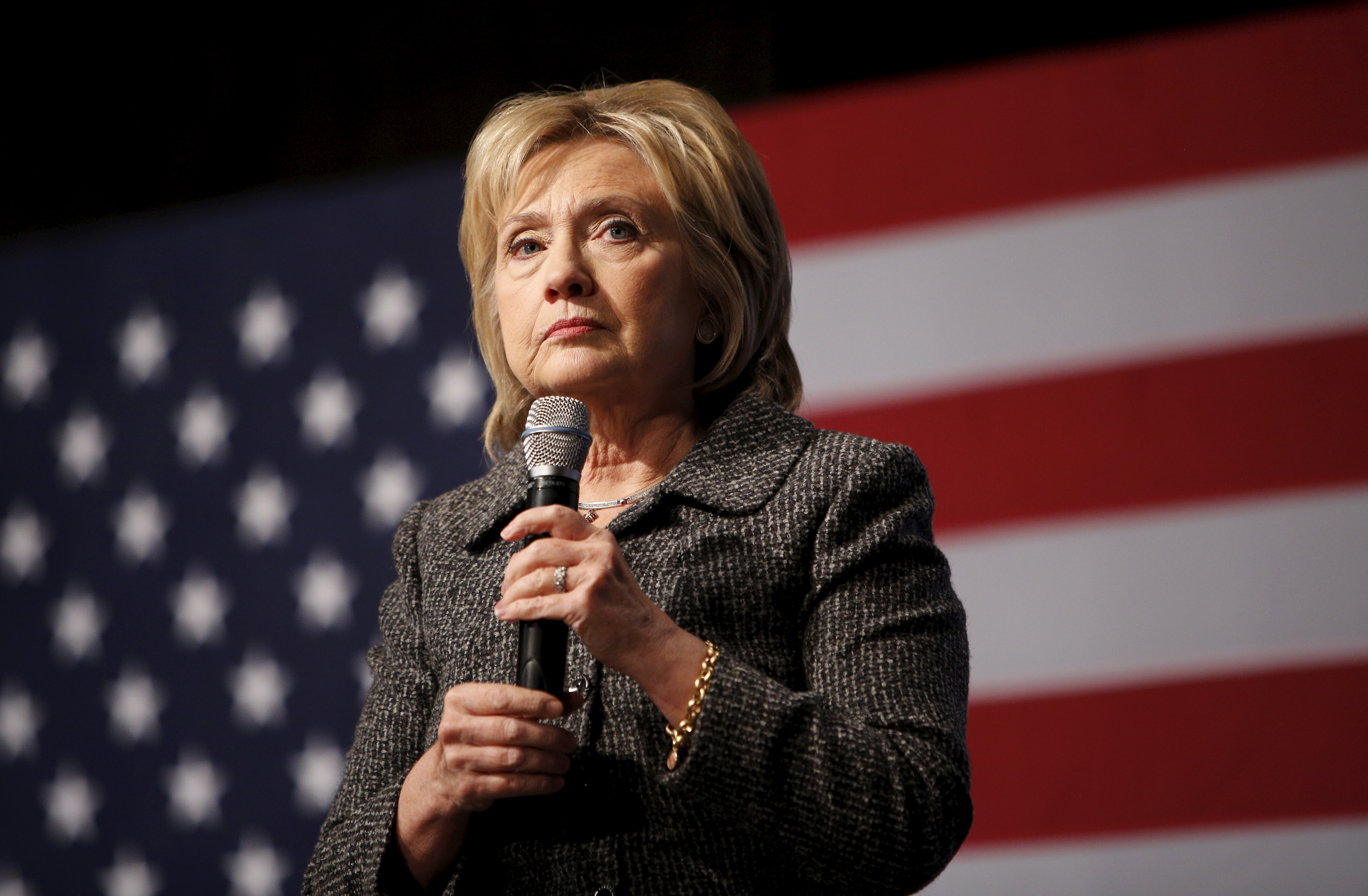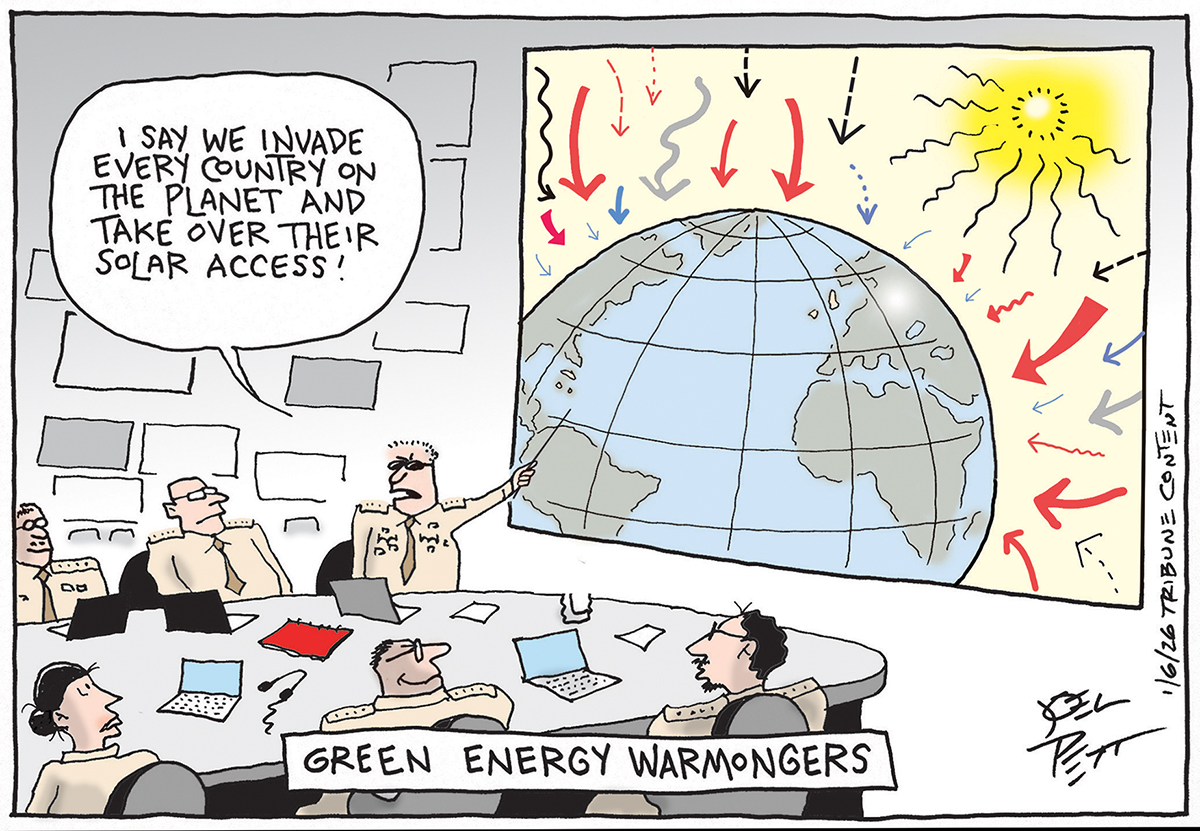Hillary Clinton has the biggest glass jaw in politics
That Bernie Sanders is anywhere close to winning the nomination is almost unbelievable


Over the past couple weeks, Hillary Clinton's massive national polling lead over her primary opponent Bernie Sanders has plummeted. In Iowa and New Hampshire, the first primary states, she's running a neck-and-neck race in the former and is significantly behind in the latter.
Though he is surely still a long shot, that Sanders has even gotten within striking distance of the nomination is literally astonishing. I no longer trust my own judgments as to what is politically likely (or anyone else's for that matter), but I think it's fair to say such an outcome was at least as improbable as Donald Trump's thus-far overwhelming dominance in the Republican primary.
I can only conclude that Hillary Clinton has the biggest glass jaw in politics.
The Week
Escape your echo chamber. Get the facts behind the news, plus analysis from multiple perspectives.

Sign up for The Week's Free Newsletters
From our morning news briefing to a weekly Good News Newsletter, get the best of The Week delivered directly to your inbox.
From our morning news briefing to a weekly Good News Newsletter, get the best of The Week delivered directly to your inbox.
No non-incumbent candidate since World War II has come into a primary race with bigger advantages than Clinton did. Probably more famous than any politician aside from President Obama himself, she had the entire party infrastructure so firmly wrapped up that Sanders barely even tried to get any endorsements. He couldn't even secure the governor of his own state, where he's been a dominant political force for decades.
Sanders is 74 years old. He's an unabashed socialist in a notoriously red-phobic Democratic Party — which he did not even join until this campaign. He's from Vermont, the second-smallest state in the nation, and as a result was barely known at all outside New England. The state is also extremely white, and so Sanders had almost no base among minority groups, particularly African-Americans, perhaps the core constituency of the party. He's not a particularly great orator; his speeches tend towards the laundry list, not the soaring rhetoric of Obama.
Furthermore, Sanders is a white heterosexual man in a party that has long been anxious for more diverse representation, in keeping with its electoral base. Just look at how Martin O'Malley, who almost certainly would have been a contender a couple cycles ago, has utterly failed to gain serious traction. In 2008, Obama gained significant support for being potentially the first black president, and rightly so (though it was his record of being against the Iraq War in 2002 that put him over the edge). In 2016, Clinton would be the first woman president, and can thus claim representational value as being the first female president — again, rightly so.
In short, the deck was firmly stacked against the Sanders campaign.
A free daily email with the biggest news stories of the day – and the best features from TheWeek.com
But what he does have, in spades, is credibility. He's been saying the same things for pretty much his entire career. His root-and-branch critiques of the American political and economic system have been powerfully validated in the post-financial crisis world. When America blearily realized that inequality was near a record high, that median wages had been stagnant for decades, that Wall Street basically owned Congress, that mass incarceration had reached obscene levels; it turned out that good old Bernie Sanders had been right there the whole time, railing against both conservatives and Clintonite neoliberal compromises.
But his strengths came prepackaged with his downsides, basically of necessity. When a political space suddenly opened up for unabashed leftism, any high-profile politicos on hand who fit the bill would need to have begun their careers in the pre-neoliberal age, and be stubborn to the point of crankiness — just like Britain's Jeremy Corbyn.
So it was pretty clear how to beat Sanders. Simply acknowledge the basic truths of his perspective, but insist that Clinton is the more experienced, electable, pragmatic candidate, and run out the clock. Democrats are as a rule not terribly idealistic, and fear of Republicans would do the work for her.
But as Sanders, who, like Obama before him, had sparked genuine grassroots enthusiasm, gained on Clinton, her campaign began making a series of incomprehensible strategic mistakes. First, after a minor data breach on the part of the part of the Sanders campaign, the Democratic National Committee, all but owned outright by the Clinton campaign, briefly locked the Sanders operation out of the entire database system, threatening outright destruction of his campaign.
Worse, over the past week she and her surrogates have rolled out a clearly planned attack on Sanders' single-payer health care plan, arguing that it would threaten Medicare and Medicaid, hand federal health programs to Republican governors, and possibly throw millions of people off their insurance. These attacks ranged from the misleading to the downright dishonest. Sanders supporters were rightly furious at the sight of the Democratic frontrunner attacking the idea of social insurance using Republican talking points.
The truly bewildering aspect of all this, as Alex Pareene points out, is that such a move strikes right at the heart of the bargain the Clinton faction made with liberals back in the '90s. They argued that traditional liberals simply couldn't win elections any more (with much justification, as liberals repeatedly lost presidential elections), and so a more moderate approach was needed. Liberals would pull the lever for New Democrats as the lesser evil, while they in turn would not actively undermine sacred liberal goals like single-payer.
Until now.
People much, much more well-sourced than myself, like Ezra Klein, insist that in person Clinton is extremely well-informed on policy arcana. She undoubtedly understands all this, they say, and is instead indulging a cynical streak.
Regardless, whether its her or the Clintons' legendarily poor choice in personal hangers-on (we've got them to thank for Rahm Emanuel, Dick Morris, and Mark Penn), this is political malpractice — and might actually backfire. Sanders has been raising tons of money off these attacks. And the more she attacks cherished liberal goals, the more liberals and leftists will be willing to roll the dice on someone who at least won't betray them at the first available opportunity.
Ryan Cooper is a national correspondent at TheWeek.com. His work has appeared in the Washington Monthly, The New Republic, and the Washington Post.
-
 ‘No Other Choice,’ ‘Dead Man’s Wire,’ and ‘Father Mother Sister Brother’
‘No Other Choice,’ ‘Dead Man’s Wire,’ and ‘Father Mother Sister Brother’Feature A victim of downsizing turns murderous, an angry Indiana man takes a lender hostage, and a portrait of family by way of three awkward gatherings
-
 Political cartoons for January 11
Political cartoons for January 11Cartoons Sunday’s political cartoons include green energy, a simple plan, and more
-
 The launch of the world’s first weight-loss pill
The launch of the world’s first weight-loss pillSpeed Read Novo Nordisk and Eli Lilly have been racing to release the first GLP-1 pill
-
 The billionaires’ wealth tax: a catastrophe for California?
The billionaires’ wealth tax: a catastrophe for California?Talking Point Peter Thiel and Larry Page preparing to change state residency
-
 Bari Weiss’ ‘60 Minutes’ scandal is about more than one report
Bari Weiss’ ‘60 Minutes’ scandal is about more than one reportIN THE SPOTLIGHT By blocking an approved segment on a controversial prison holding US deportees in El Salvador, the editor-in-chief of CBS News has become the main story
-
 Has Zohran Mamdani shown the Democrats how to win again?
Has Zohran Mamdani shown the Democrats how to win again?Today’s Big Question New York City mayoral election touted as victory for left-wing populists but moderate centrist wins elsewhere present more complex path for Democratic Party
-
 Millions turn out for anti-Trump ‘No Kings’ rallies
Millions turn out for anti-Trump ‘No Kings’ ralliesSpeed Read An estimated 7 million people participated, 2 million more than at the first ‘No Kings’ protest in June
-
 Ghislaine Maxwell: angling for a Trump pardon
Ghislaine Maxwell: angling for a Trump pardonTalking Point Convicted sex trafficker's testimony could shed new light on president's links to Jeffrey Epstein
-
 The last words and final moments of 40 presidents
The last words and final moments of 40 presidentsThe Explainer Some are eloquent quotes worthy of the holders of the highest office in the nation, and others... aren't
-
 The JFK files: the truth at last?
The JFK files: the truth at last?In The Spotlight More than 64,000 previously classified documents relating the 1963 assassination of John F. Kennedy have been released by the Trump administration
-
 'Seriously, not literally': how should the world take Donald Trump?
'Seriously, not literally': how should the world take Donald Trump?Today's big question White House rhetoric and reality look likely to become increasingly blurred
